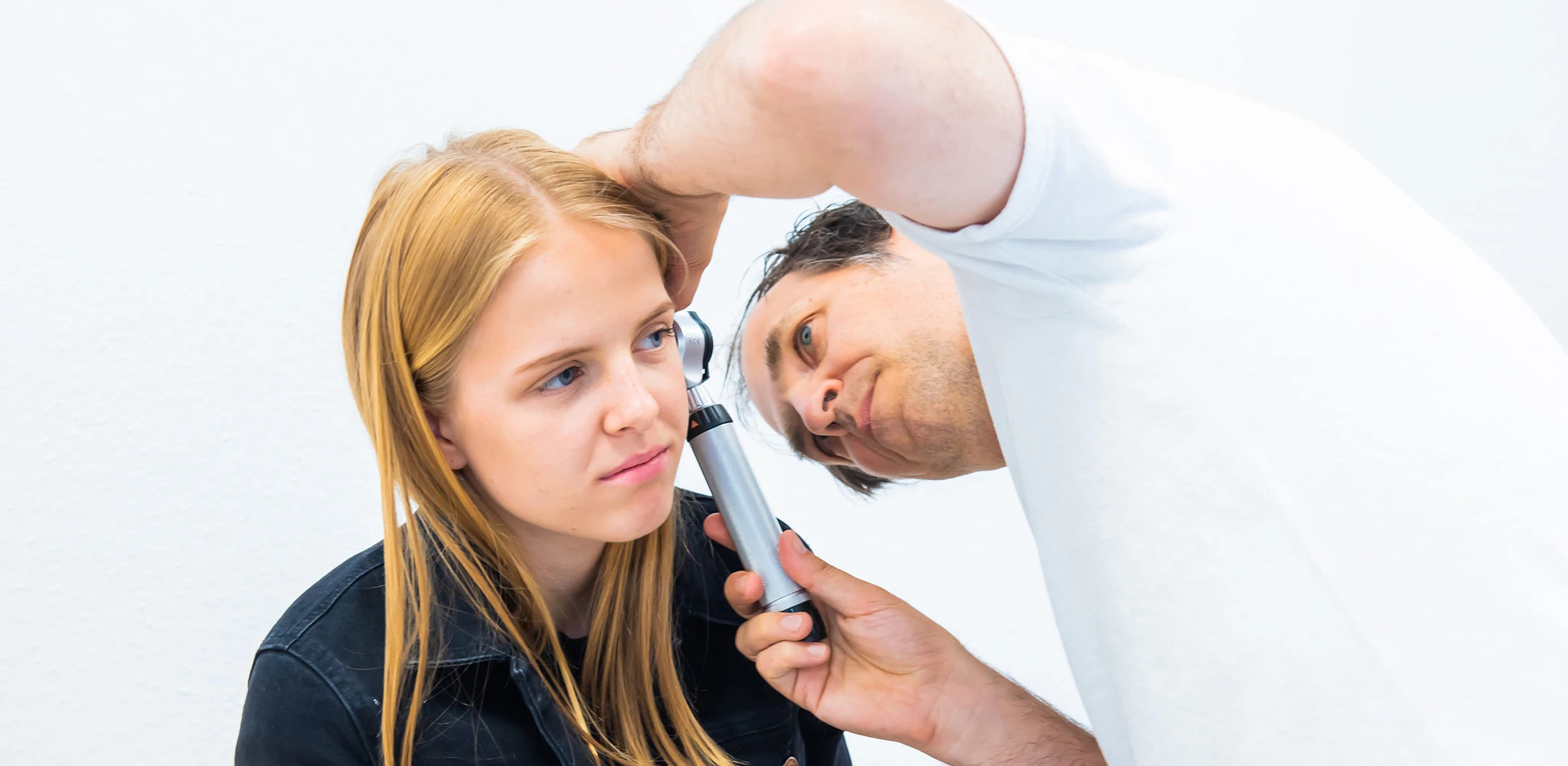Goodbye Adeonide?!
Is your toddler breathing strangely? Then enlarged adenoids could be responsible. We explain what this is all about - and what you can do about it.
"Polyps" is actually a colloquial word. The correct technical term is adenoids. They are lymphatic tissue that every child normally has in their throat. And it's a good thing that children have this tissue. Because it contributes to the immune defence. The only problem is that there are always children in whom these adenoids become so large that they develop symptoms.
What do these look like? The children often breathe through their mouths, which can lead to bad breath. And they can become much more susceptible to infections because the cleansing function of the nose is lost. It can also lead to children starting to snore. The latter is not a problem in principle. However, if the children stop breathing during sleep as a result, this must be taken care of. Furthermore, middle ear infections can occur more frequently and it is also possible that the child hears less well - which can also lead to poorer speech development.
Therefore, if there are any indications of enlarged adenoids, then this is an issue that you should discuss with us paediatricians. We are certainly the first point of contact, although we cannot look at the adenoids ourselves. This requires an ear, nose and throat specialist (ENT) who can go into the mouth with a mirror and look up the back of the throat. To where the adenoids are located.
And what does treatment look like? Initially, conservative treatment is always tried to avoid surgery. For example, with various medications, often also homeopathic ones. Especially if the symptoms are not too pronounced. However, if the symptoms are too severe, then surgical treatment must be considered together with the ENT. At the latest then it's "Goodbye adenoids."
Further interesting tips
Dummy
When is my child too old for a dummy? All parents ask themselves this question sooner or later. There are many answers. But there is also a very simple way.
Bee and wasp sting (allergy)
A topic that is worth taking a closer look at because things are often mixed up: bee and wasp venom allergies.
Fennel tea
There is a lot of excitement in many online forums and social media channels at the moment. A popular household remedy for stomach ache and flatulence, but also for coughs, toothache and sleep disorders, is under suspicion: Fennel tea. And now all of a sudden it's supposed to be poisonous? Cause for panic or pure scaremongering? The doctor explains.
